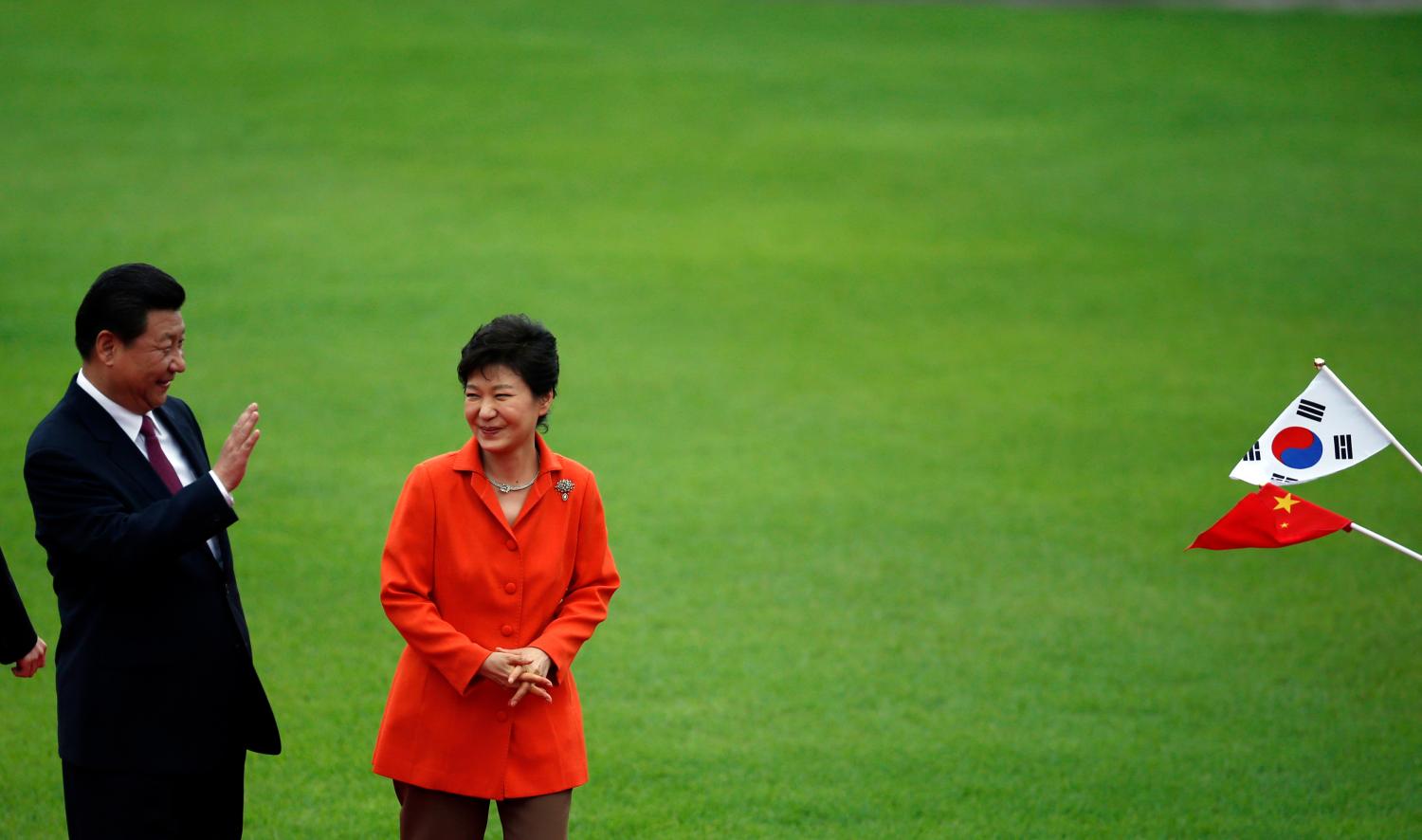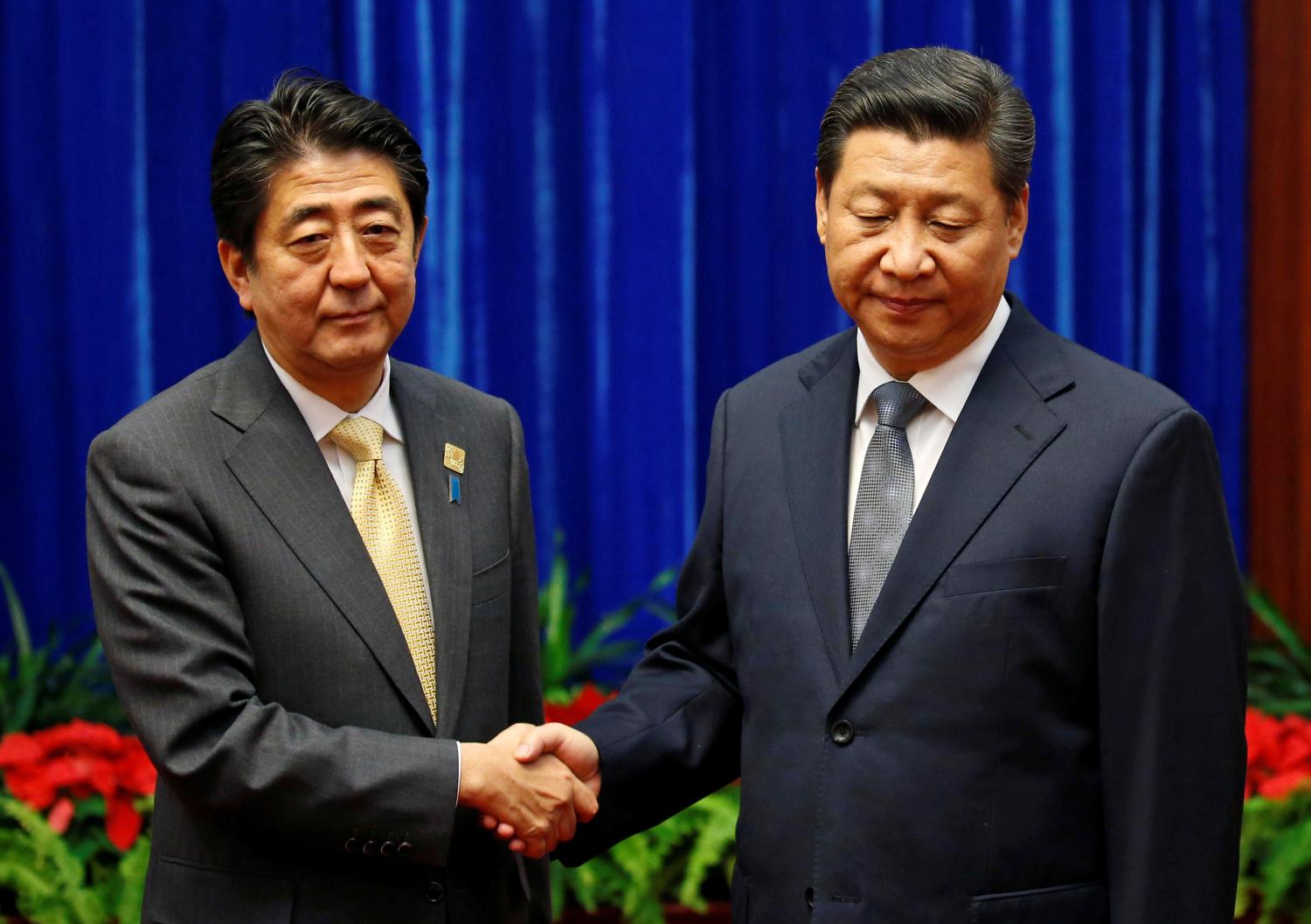Editor’s Note: This article originally appeared in the June 2014 issue of the International Journal of Korean Unification Studies.
From June 27-30, 2013, South Korean President Park Geun-hye made an official state visit to China. It was a “trip of heart and trust” (sim shin ji ryoe in Korean or xin xin zhi ru in Chinese). Korea and China publically announced that they would reinforce a bilateral strategic cooperative partnership. The anticipation of the development in the relationship between the two countries by their leaders and people has increased. During the Lee Myung-bak Administration, if ROK-U.S. relations were seen to be at its peak, ROK-China relations were at its lowest. Although the mutual good feelings between President Park and Chinese President Xi Jinping played a significant role, at the time, the ROK-China relationship was at rock bottom and therefore, it was only bound to improve.
Since then, there are those that have voiced concern over the need to choose between the U.S. and China. On the other hand, there are also those who have expressed that rather than having several unstable and uncertain insurance plans, it is better to have one solid insurance plan; that is, the ROK-U.S. alliance. Although the concurrent growth of the ROK-China and ROK-U.S. relationship is Korea’s only answer at the moment, it is definitely not an easy task. How can Korea develop relationships with both countries harmoniously? Amidst the changing security environment around the Korean Peninsula, on what level should ROK-China relations be handled such that it is appropriate for Korea’s security?
This paper will be separated into four parts. First, the meaning of the recently established enrichment of the strategic cooperative partnership, which was agreed upon by both countries this year, will be considered. Further, there will be an evaluation primarily in the four sectors of politics, economy, society, and culture and military due to the establishment of diplomatic relations in 1992. Unlike the intimate cooperation in the non-security sector, there is much imbalance with the security and military sectors in which both countries have agreed to address. Next, it will analyze the factors of consideration that determined the agreement of the enriched strategic cooperative partnership. It will explain that the factors are not only personal affairs and tendencies of each leader, but are also rooted from the respective strategic concerns of China and Korea. Third, it plans to prospect the content and direction of Korea’s China Policy. In regards to the China policy, Korea will first look to secure support from China on a trust building process regarding the Korean Peninsula. Then, Korea will pursue a trust building process with China. Taking this as a basis, Korea will establish a new model of the Sino-Korean relationship. Fourth, it will make policy suggestions on three levels, that is, Korea’s China policy, development of the ROK-China relationship, and the alliance with the United States.
The Brookings Institution is committed to quality, independence, and impact.
We are supported by a diverse array of funders. In line with our values and policies, each Brookings publication represents the sole views of its author(s).





